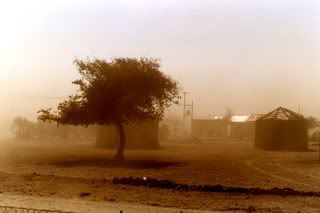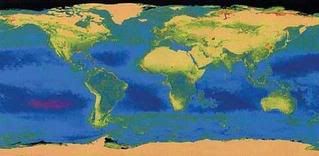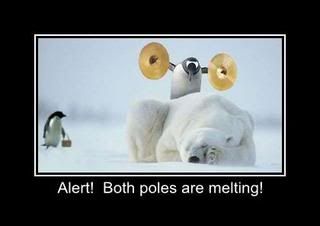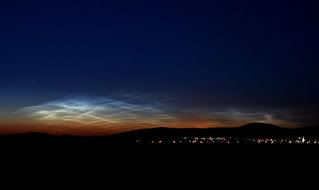And deep space is messy:
ScienceDaily (Mar. 17, 2009) — A new image from NASA's Spitzer Space Telescope offers a rare view of an imminent collision between the cores of two merging galaxies, each powered by a black hole with millions of times the mass of the sun.What big teeth you have, Grandma:
The galactic cores are in a single, tangled galaxy called NGC 6240, located 400-million light years away in the constellation Ophiuchus. Millions of years ago, each core was the dense center of its own galaxy before the two galaxies collided and ripped each other apart. Now, these cores are approaching each other at tremendous speeds and preparing for the final cataclysmic collision. They will crash into each other in a few million years, a relatively short period on a galactic timescale.
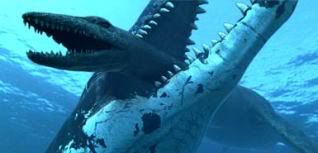
And I doubt we're talking about crunching on coconuts, either.A marine monster described as the most fearsome animal ever to swim in the oceans boasted a bite up to 11 times as strong as that of Tyrannosaurus rex.
The fossil remains of the huge pliosaur were dug up last summer from the permafrost on Svalbard, a Norwegian island close to the North Pole.
Analysis revealed that it was a turbo-charged swimmer. Its front flippers allowed the creature, dubbed Predator X, to cruise along comfortably but when prey came into range the power of its hind flippers kicked in to provide extra acceleration.
Measurements of its jaw and the killing power of its dagger-like teeth have shown that it could bite down with a force of 33,000lb per square inch compared with T. rex’s 3,000lb per square inch. Alligators have the strongest bite today with about 2,500lb per square inch.

